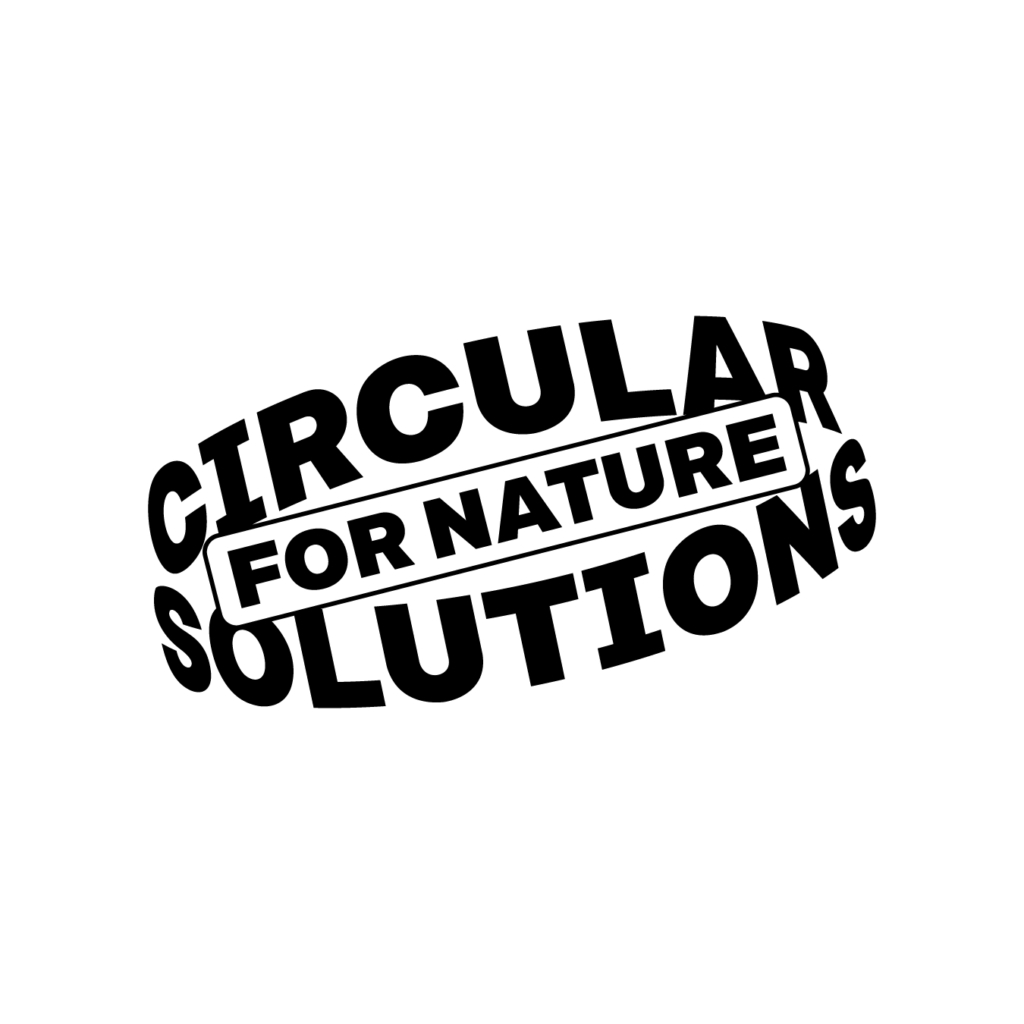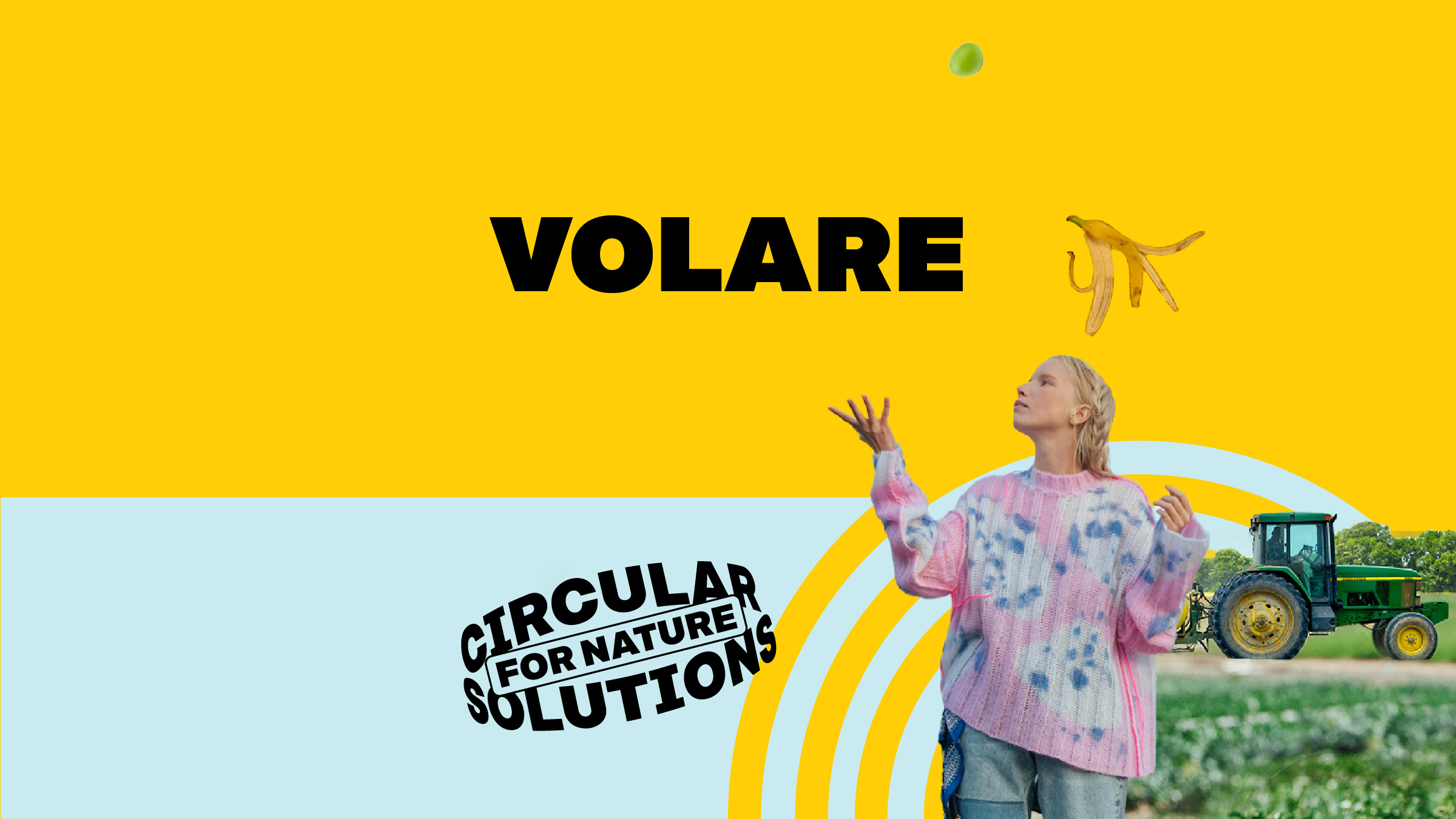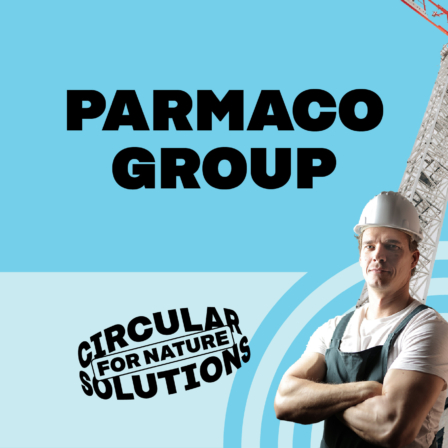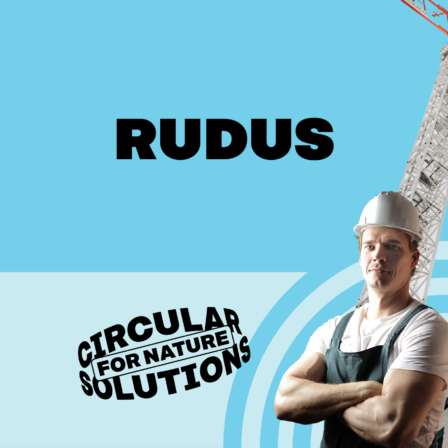Problem
Many marine ecosystems are threatened by overfishing, and rearing and feeding livestock accounts for 77% of agricultural land and leads to deforestation and the conversion of other natural habitats into agricultural land. Soy, which can serve as a substitute for various meat and dairy products, is superior from a land-use footprint perspective, but as forests are often cleared to grow the commodity, better alternatives are available.
Solution
Volare refines food industry side streams into ingredients that replace traditional animal protein, fish meal and soy. Black soldier fly larvae are grown using food industry side streams and processed into two products: protein meal that can be used in feed and pet food applications; and oil that is both a healthy feed component and an ingredient in soaps and surfactants. Volare also produces an organic fertiliser component. Volare’s patented process minimises the use of additional water, generates zero wastewater and reduces energy consumption.
By turning side streams into protein-rich products, we can reduce the reliance on animal products currently used to sustain feed, pet food and other applications.
Riku Sinervo and Tim Forslund, Sitra
Biodiversity impacts
Volare’s process optimises the use of existing resources and minimises the need for additional land use or raw material production, reducing pressures on habitats and species. The creation of new protein alternatives can also help diminish the demand for conventional protein sources, like meat, fish meal and other commodities, which drive extensive land-use change, deforestation and overfishing. The solution contributes to making use of food waste, thereby mitigating the environmental impact associated with its production.
Benefits for the company
As the solution has various applications, Volare has scalability options in several markets. Its technology has lower operating costs compared to competing protein sources, improving overall profitability. This operational efficiency, combined with the use of versatile feedstocks like oat husks, potato peelings and brewing industry distillates, provides flexibility and cheaper sourcing options, thereby reducing production costs.


































